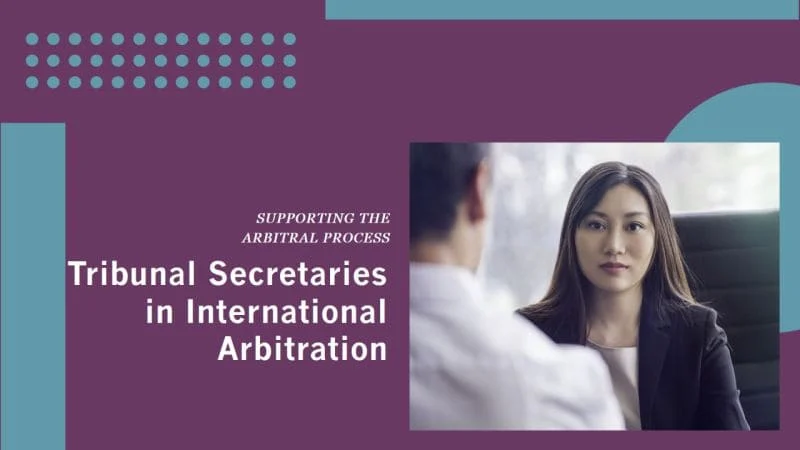The common-law provides for the right to terminate a contract if certain conditions are met, even in the absence of explicit contractual provisions in a contract.
There are two situations in which the employer may terminate the contract under the common law, both of which are known as “repudiatory breach”:
👉If a party has committed such a serious breach of contract that it will be treated as having no intention of performing its obligations; the focus is on the consequences of the breach, and it has to be such that it deprives the non-breaching party of substantially the whole benefit of the contract.
Frequently cited examples of serious breaches include, for instance, the employer’s failure to give possession of the site and preventing the contractor from performing the works. In such a case, the non-breaching party has two options: to either terminate the contract or to affirm the contract, in which case it loses the right to terminate. If the party facing a repudiatory breach decides to terminate the contract, it should be careful and make sure, first, that the breach is repudiatory (i.e., that the other party demonstrated a clear intention not to be bound by the terms of the contract).
👉Second, the party should also act quickly, to avoid any affirmation of the contract, as in such a case it might lose the right to terminate for repudiatory breach.
Consequences of Termination of Construction Contracts:
The consequences of contract termination may also be different in case of termination at common law and contractual termination. If a contract is terminated under the common law, the contract comes to an end and both parties are released from further performance of their obligations. This might not always be the case in the event of contractual termination, as contractual termination provisions typically terminate the contractor’s right and obligation to carry out the works but do not entirely release the parties from further performance of their obligations.
Certain clauses survive contract termination, and the parties maintain the rights which had accrued prior to contract termination, which means that the parties would still be liable for their breaches prior to termination. This may be the case for, by way of example, liquidated damages or dispute resolution/arbitration clauses (see Does an Arbitration Clause Survive the Termination of a Contract?).
A party deciding to terminate a contract should accordingly be careful, as in most legal systems a wrongful termination would be regarded as a repudiation itself, entitling the other party to damages.
If the employer wrongly terminates the contract, it can be liable for the contractor’s lost profits and damages. Proving such losses, however, is not easy in practice as the contractor has to demonstrate the contract would have been profitable and how much profit it would have earned on the remaining balance of the work.
– International Arbitration








